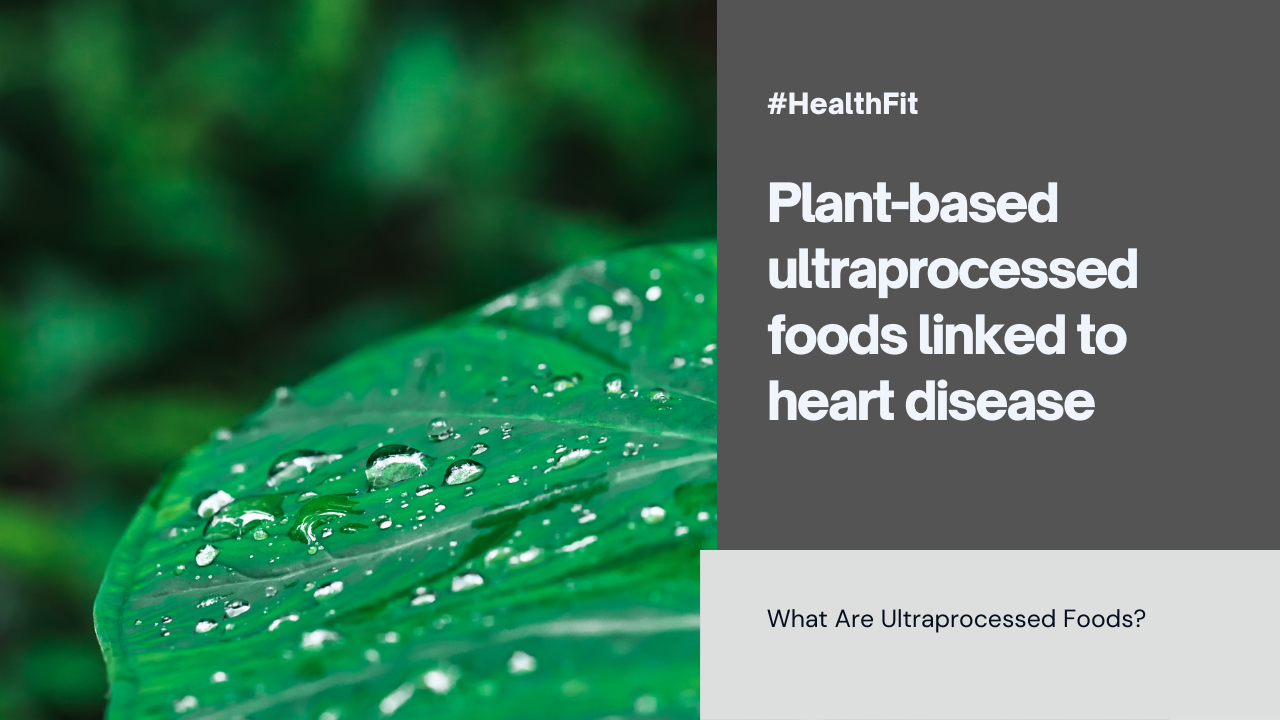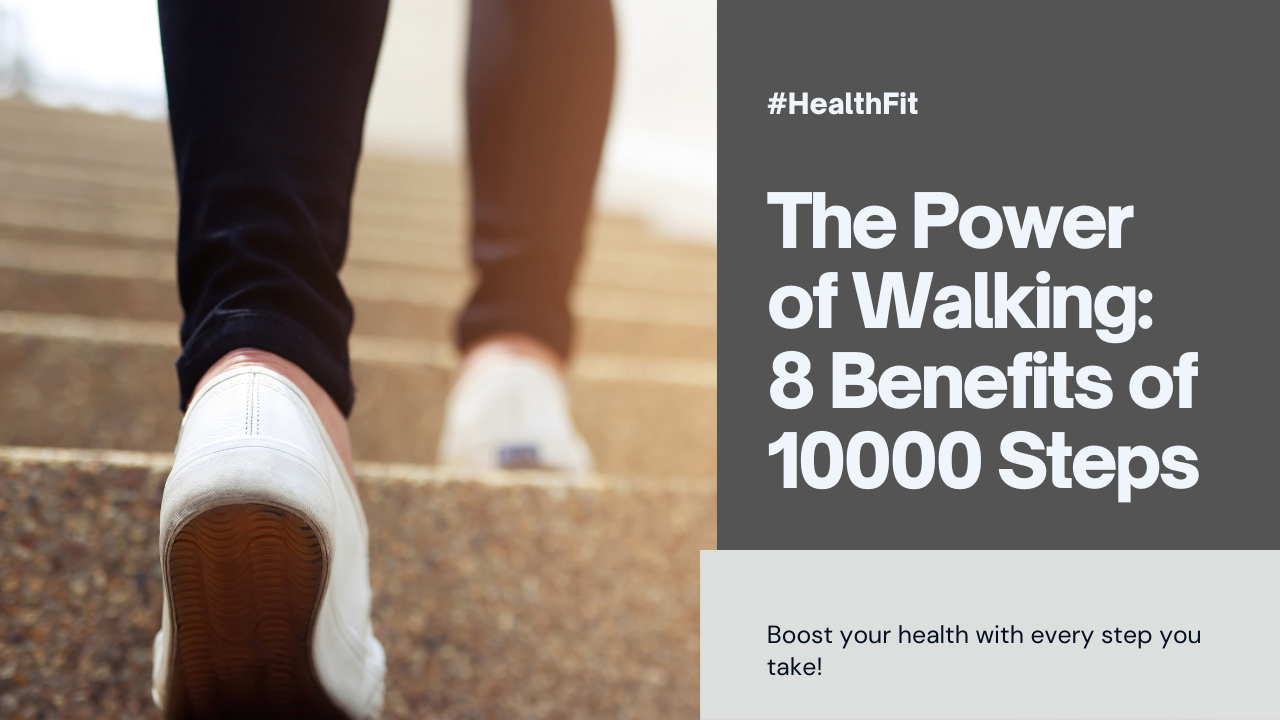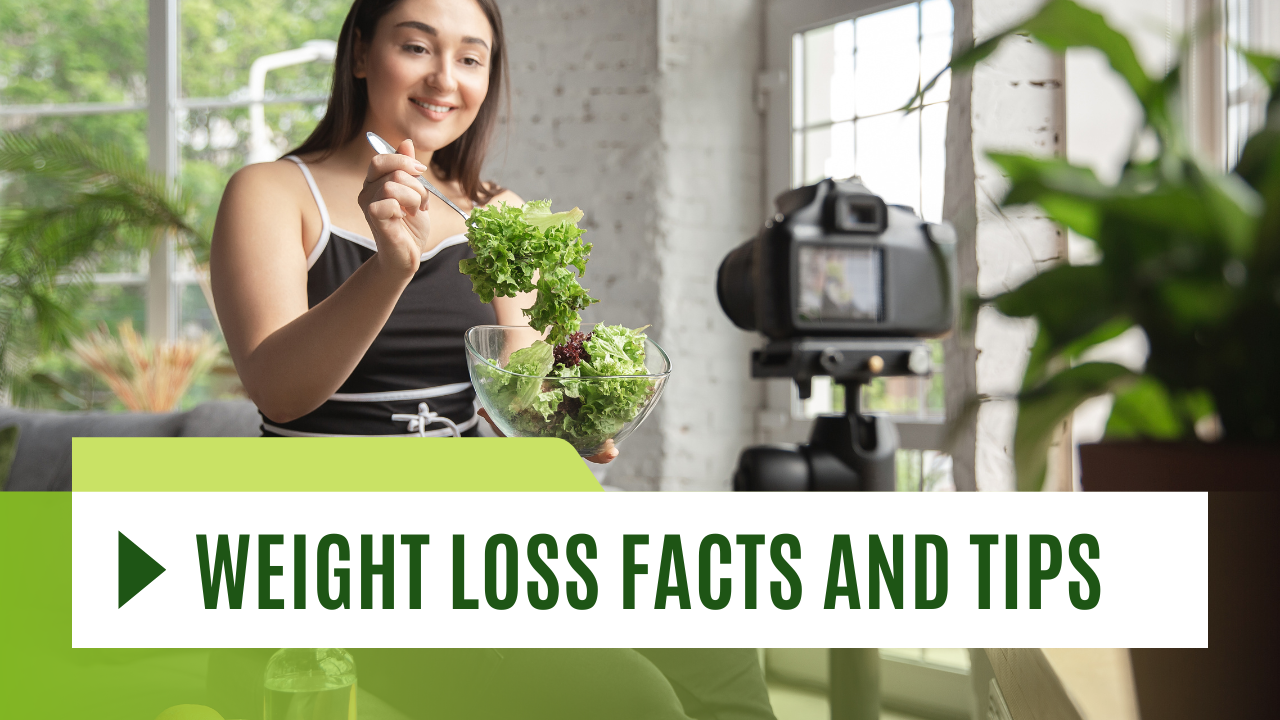Explore the benefits of a low-fat vegan diet, learn about plant-based foods, find delicious recipes, and discover how it can improve your health. Get started on your journey to better health today!
The idea of a low-fat vegan diet has become popular for good reason—it can make a big difference in your health. This guide breaks down the basics, explains the benefits and challenges, and offers easy tips, food lists, and recipes to get you started on this journey.
Understanding the Low-Fat Vegan Diet:
A low-fat vegan diet is all about eating lots of plant-based foods while cutting down on animal products and added fats. Think fruits, veggies, whole grains, beans, nuts, and seeds. These foods are packed with good stuff like fiber and nutrients and can help you feel great.
Low-Fat Vegan Diet Food List:
- Fruits: Apples, bananas, berries, oranges—pick your favorites!
- Vegetables: Spinach, broccoli, carrots, bell peppers—try to get a rainbow of colors.
- Whole Grains: Brown rice, quinoa, oats—these keep you full and energized.
- Legumes: Lentils, chickpeas, black beans—great sources of protein and fiber.
- Nuts and Seeds: Almonds, chia seeds, flaxseeds—perfect for snacking or adding to meals.
- Plant-Based Dairy Alternatives: Almond milk, soy yogurt—delicious swaps for milk and yogurt.
- Herbs and Spices: Basil, oregano, turmeric—add flavor without extra calories.
Low-Fat Vegan Diet Recipes:
- Quinoa Salad: Mix cooked quinoa with chopped veggies like cucumber, tomato, and bell pepper. Dress with lemon juice and a sprinkle of herbs.
- Lentil Soup: Cook lentils with carrots, celery, and onion in veggie broth. Season with garlic and thyme for a tasty soup.
- Tofu Stir-Fry: Sauté tofu with broccoli, bell peppers, and snap peas in a bit of soy sauce and ginger. Serve over brown rice.
- Chickpea Curry: Simmer chickpeas with spinach, tomatoes, and onions in a curry sauce made with coconut milk and spices. Enjoy with rice or naan.
- Oatmeal with Berries: Cook oats with water or plant milk, then top with fresh berries and a sprinkle of nuts or seeds for crunch.
A Low-Fat Vegan Diet Improves Glycemic Control:
Going low-fat vegan can help keep your blood sugar levels steady, which is super important for managing conditions like diabetes. Plant foods are full of fiber and have a low glycemic index, meaning they won’t cause big spikes in blood sugar.
The 5 Most Important Rules of a Vegan Diet:
- Eat Lots of Plants: Fill your plate with fruits, veggies, and whole grains for a balanced diet.
- Go Easy on Fats: Cut back on added fats like oils and butter to keep calories in check.
- Choose Whole Foods: Pick minimally processed foods whenever possible for better nutrition.
- Keep Balanced: Make sure you’re getting enough protein, vitamins, and minerals from a variety of plant foods.
- Listen to Your Body: Pay attention to hunger and fullness cues to avoid overeating and stay satisfied.
Low-Fat Vegan Diet for Diabetes:
If you have diabetes, a low-fat vegan diet could be a game-changer. It can help improve your blood sugar control and reduce your risk of complications. Just remember to work with your healthcare team to make sure it’s right for you.
Vegan Food List for Beginners:
Starting a vegan diet is easier than you might think. Stock up on these basics to get started:
Starting a vegan diet as a beginner can feel overwhelming, but having the right foods on hand makes it much easier. Here’s a simple list to guide you:
When you’re at the store, grab plenty of fruits and veggies. Think apples, bananas, spinach, and carrots. These are packed with vitamins and minerals to keep you healthy.
For hearty meals, stock up on whole grains like brown rice, quinoa, and oats. These will keep you feeling full and satisfied.
Don’t forget about protein! Legumes such as lentils, chickpeas, and black beans are great sources. They’re also high in fiber, which is good for your digestion.
Switching to plant-based milk and yogurt is easy with options like almond milk and soy yogurt. They taste great and are perfect for smoothies or cereal.
Lastly, spice up your meals with herbs and spices like basil, garlic, and turmeric. They add flavor without extra calories.
With this simple food list, you’ll have everything you need to start your vegan journey with confidence and delicious meals.
Essential Vegan Food List for Beginners:
| Food Group | Examples |
|---|---|
| Fruits | Apples, bananas, oranges, berries |
| Vegetables | Spinach, carrots, broccoli, tomatoes |
| Whole Grains | Brown rice, quinoa, oats, whole wheat bread |
| Legumes | Lentils, chickpeas, black beans, tofu |
| Nuts and Seeds | Almonds, walnuts, chia seeds, flaxseeds |
| Plant-Based Dairy Alternatives | Almond milk, soy yogurt, coconut milk |
| Herbs and Spices | Basil, garlic, turmeric, oregano |
Low-Fat Vegan Diet May Improve Cardiometabolic Health in T1D:
Research suggests that a low-fat vegan diet could help people with type 1 diabetes improve their heart health and manage their condition better by reducing insulin resistance and controlling blood sugar levels.
Low-Fat Diet and Cardiovascular Disease:
Eating a low-fat diet, especially one focused on plant foods, can lower your risk of heart disease by improving cholesterol levels and reducing inflammation.
Cardiometabolic Benefits of Plant-Based Diets:
Plant-based diets offer lots of benefits for heart health and metabolism, like better cholesterol, blood pressure, and blood sugar control.
Low-Calorie Vegan Meals Under 300 Calories:
Want to keep your meals light and healthy? Try these low-calorie options:
- Buddha Bowl: Fill a bowl with cooked quinoa, roasted veggies, and a drizzle of tahini for a satisfying meal.
- Chickpea Salad: Mash chickpeas with diced veggies and a dollop of hummus, then stuff into a pita pocket.
- Zucchini Noodles: Top spiralized zucchini with marinara sauce and nutritional yeast for a low-cal pasta alternative.
- Lentil Salad: Toss cooked lentils with mixed greens, cherry tomatoes, and balsamic vinaigrette for a refreshing salad.
- Tofu Lettuce Wraps: Fill lettuce leaves with marinated tofu, shredded carrots, and sliced bell peppers for a light and crunchy meal.
Advantages and Disadvantages of a Vegan Diet:
There are pros and cons to going vegan. Here’s what to consider: Advantages:
- Heart Health: Lower cholesterol and blood pressure mean a healthier heart.
- Weight Management: More fiber and fewer calories can help with weight loss.
- Environmental Impact: Eating plant-based is better for the planet.
- Animal Welfare: Avoiding animal products supports ethical treatment of animals.
Disadvantages:
- Nutritional Needs: You’ll need to plan carefully to get enough protein, vitamins, and minerals.
- Social Challenges: Dining out and finding vegan options can be tricky.
- Processed Foods: Not all vegan foods are healthy—watch out for sugary snacks and processed meals.
- Individual Differences: Vegan diets aren’t one-size-fits-all, so listen to your body and adjust as needed.
Conclusion:
In conclusion, a low-fat vegan diet can be a healthy and delicious way to eat. By filling your plate with plant-based foods and cutting back on added fats, you can improve your health and reduce your risk of chronic diseases like diabetes and heart disease. Just remember to take it slow, listen to your body, and enjoy the journey to better health one tasty meal at a time.
FAQ’s
Can I still get all the protein I need on a vegan diet?
Absolutely! Foods like beans, lentils, and tofu are packed with protein. They’re great for keeping you strong and healthy.
Will I miss out on important nutrients without meat and dairy?
Not at all. Lots of plant foods have the nutrients your body needs. Spinach and kale are full of iron and calcium, while nuts and seeds have healthy fats and vitamins. If you’re worried, you can take a vegan vitamin or talk to a dietitian for advice.
How can I make sure I eat lots of different foods as a vegan?
Try new recipes and explore different types of cuisine. Mix up your meals with seasonal fruits and veggies. Experiment with grains like quinoa and brown rice, and don’t forget about tasty legumes like chickpeas and black beans. With a little creativity, you can enjoy a variety of delicious and nutritious vegan meals.





